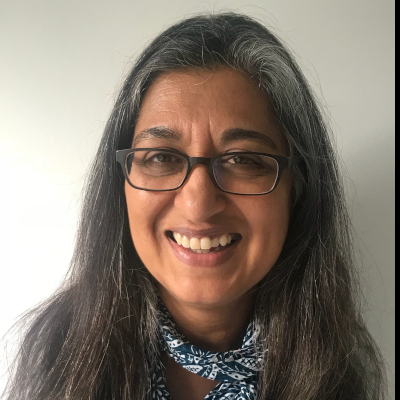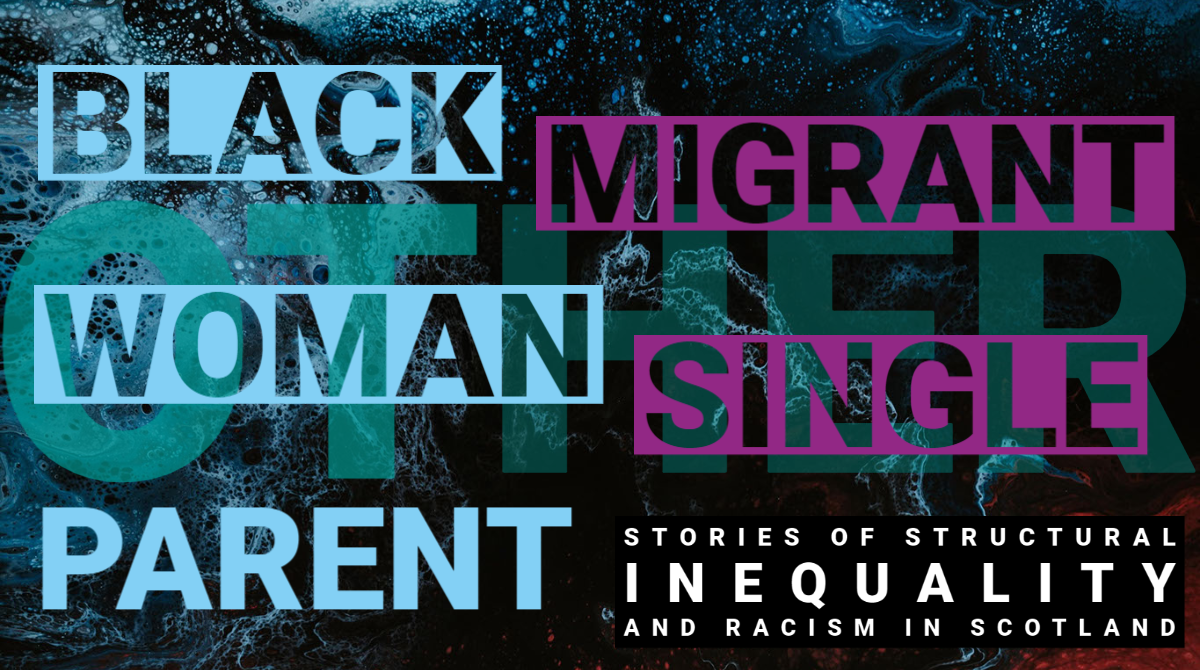Unjust immigration policy makes “getting it right for every child” an empty phrase
Reflecting on the experiences of migrant single mothers, One Parent Families Scotland director Satwat Rehman writes about the injustice of the immigration system and the racism of which it is both a symptom and a cause.
20/11/2020

This week, we shared the powerful and challenging stories of three women who have been supported through One Parent Families Scotland’s Glasgow and Lanarkshire services.
Sadatu, Mary and Joy are all black single mothers with experience of the immigration and asylum system. Each of these women have their own stories of struggling under the oppressive conditions of racism and injustice at both the individual and structural level.
Reading stories like this is uncomfortable, but it’s also necessary. Necessary because these are experiences which nobody should have to deal with, least of all in Scotland – a country which seeks to be inclusive and socially just. And necessary because we know that these accounts are not unique, they are not aberrations or cases of bad luck.
Almost one in five of the parents we support in Glasgow and Lanarkshire are from Black and Minority Ethnic communities and sadly these are experiences we hear about regularly.
These are experiences which take place under a system designed with unfairness at its heart. A system which the UK Government said in 2012 would create a “hostile environment” for migrants who don’t have the right documentation.
That aim has certainly been achieved, but this “hostility” is not only limited to people with one specific immigration status – rather, it has increased the racial discrimination that was there already and deepened divisions across the board.
Of course, the unfairness in the immigration system did not begin in 2012. Well before this, No Recourse to Public Funds policy was already in place, which means that most migrants are not able to access many forms of social security or social housing until they have indefinite leave to remain.
Shockingly, this even extends to preventing many migrant women from accessing refuge accommodation if they’re experiencing domestic abuse – because they aren’t entitled to the housing benefit which would fund it.
At the same time, people seeking asylum in the UK are not allowed to work while their application is being processed. Instead, they are expected to live on just £5.66 per day.
- Satwat Rehman, Director OPFS
Related information
Read the stories shared as part of this series by Sadatu, Mary and Joy
See the Lift the Ban campaign from Scottish Refugee Council.
See Safety4Sisters’ report ‘Locked in abuse, locked out of safety’ on the impact of No Recourse to Public Funds during the pandemic
Read Intercultural Youth Scotland’s reports on the experiences of young Black and People of Colour in Scotland.
For single parents, restrictions on making an income or accessing financial support are particularly cruel as they represent a political choice to lock children in poverty and destitution. This is not a choice that any of us should be able to live with.
Faced with such limited choices, many families going through the immigration and asylum system must rely on the support of charities. Charities which, in turn, have to compete continuously for funding to secure their own future. This is not what a functioning “safety net” is supposed to look like – this is the consequence of a system built on the belief that some people are not worth catching.
The fact that the people at the sharp end of these policies also experience racist abuse and harassment in their daily lives is not a coincidence. The two are inextricably linked, because structural racism permeates every aspect of our lives.
If you haven’t already, I encourage you to read the stories shared by Sadatu, Mary and Joy. Voices from the margins must be front and centre in our campaigns for social justice and equality. And listening, really listening, to these experiences should make it impossible for anyone to question that racism is a problem in Scotland which must be faced head on.
These stories are not only the stories of parents, but of children. Not only of the present, but of the future. In Scotland, there is a national ambition to “make Scotland the best place in the world for children to grow up” and a commitment to “getting it right for every child”. Can we truly say we are keeping to those promises if these are the messages that our Black and Minority Ethnic children and young people are given about their worth?
We have been told often over these past eight months that we are all in this together. If all of these words are to add up to something, we must overhaul the systems which treat some of us as less-than, and be serious about challenging the racist beliefs which reinforce those systems.
If compassion and fairness are the values that we all share, then we all have a responsibility to make them a reality in Scotland.
